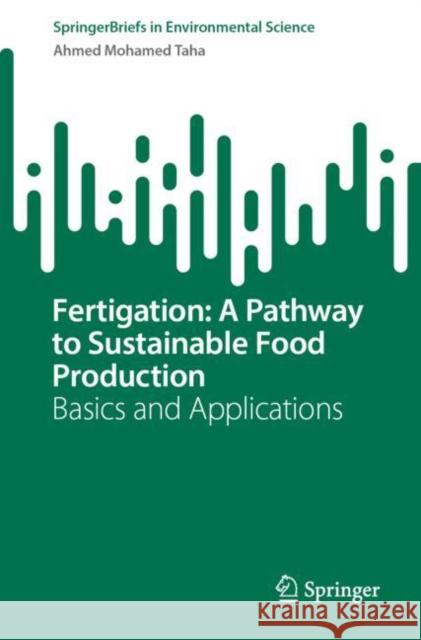Fertigation: A Pathway to Sustainable Food Production: Basics and Applications » książka
Fertigation: A Pathway to Sustainable Food Production: Basics and Applications
ISBN-13: 9783031055959 / Angielski / Miękka / 2022
This book introduces basic and practical information on fertigation to researchers, extension agents and growers. To provide understanding of the basic issues regarding the appropriate selection of fertilizer injectors, fertilizer compounds used in fertigation for growing various field and horticultural crops. The book provides useful basic principles and practical information concerning fertilizer management and fertigation techniques of field, horticulture, and medicinal and aromatic crops. The book focuses on the agronomic value of fertigation practice and provides the reader with best practical advice required for successful fertigation based on the field experience. This book summarizes the basic principles and practices of fertigation techniques to ensure accurate and efficient crop nutrition. The book consists of 5 chapters covering the following topics: Introduction to chemigation and fertigation, selecting an injector for fertilizer/chemical injection, fertilizers for fertigation, major, secondary, and micronutrient fertilizers used in fertigation, and fertigation practices: Egyptian case study. It also includes appendixes for fertigation calculation examples, calibration of an injection pump, calculating the quantities of fertilizers needed for fertigation, nutrients requirements per each ton of crop yield produced, macronutrient requirements for some filed, fiber, fruit, vegetable crops, and medicinal and aromatic plants.
Fertigation is one of the smart practices that help attains sustainable food production and minimize environmental pollution. Fertigation is the application of dissolved mineral fertilizers, soil amendments, and other water-soluble products to the roots of crops through irrigation water. This book provides understanding of the basic issues regarding the appropriate selection of injectors and fertilizer compounds used in fertigation for growing various field and horticultural crops which are essential to attain higher productivity, increasing food security and reducing food contaminations. It also clarifies the advantages of fertigation and set solutions to overcome its disadvantages.











